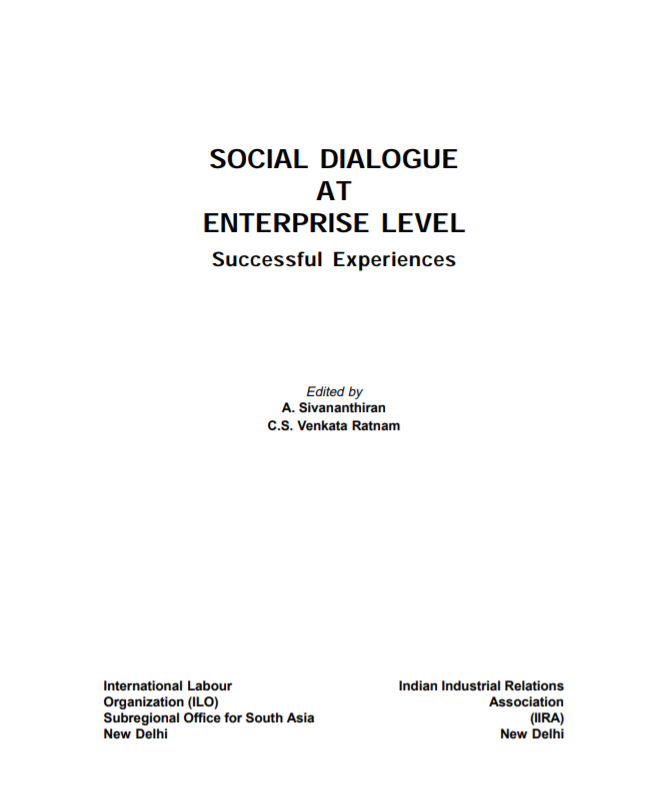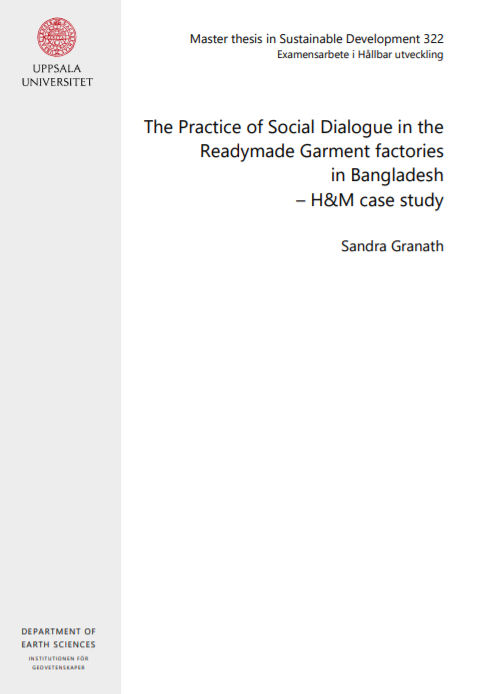Foreword
Labour migration provides an opportunity to earn higher incomes and upgrade knowledge and skills. However, without effective protection measures these potential benefits of migration cannot be harnessed. For Cambodian migrant workers who face problems, either during the recruitment process, while working abroad or after returning home, access to an effective complaint mechanism is critical. The timely resolution of a grievance can be the difference between a worker returning to Cambodia with confidence in their ongoing financial and occupational security, or returning without access to restitution where harm has been suffered, or a burden of debt that cannot be repaid. This report is the first assessment of the efficacy of the complaints mechanism available to migrant workers, and explores the complexities facing workers and authorities when a complaint is lodged. Assessment of the Complaints Mechanism for Cambodian Migrant Workers presents the results of an assessment that considered the legislation and policy governing migrant worker complaints and the experiences of migrant workers and authorities in navigating the complaints system. This report provides important context regarding the challenges that arise during the complaints process, prompting recommendations to strengthen the system.
The assessment finds that the legislative framework launched in December 2013 to enable complaints has provided migrant workers a clear avenue and process for lodging complaints and receiving compensation. The assessment finds that there has been considerable use of the complaints mechanism by migrant workers and that staff from the Ministry of Labour and Vocational Training (MOLVT), Provincial Departments of Labour and Vocational Training (PDOLVT), Migrant Worker Resource Centres (MRCs), trade unions and service providers have demonstrated strong commitment to pursuing migrant workers’ right to justice through the dispute resolution process. The assessment also reveals inconsistencies in the implementation of these processes, and provides recommendations to address these gaps.
The International Labour Organization (ILO) Tripartite Action to Protect Migrant Workers within and from the Greater Mekong Subregion (GMS TRIANGLE project) has supported labour migration governance in Cambodia through improving policy legislation, capacity building of stakeholders, and support to migrant workers, including in the receipt and resolution of complaints. This assessment of the complaints mechanism will contribute to improving migration governance in Cambodia by initiating analysis and beginning an evidenced-based discussion on the complaints process with stakeholders.
The ILO is grateful for the support for this assessment from its partners, in the research and validation of this report. The ILO would like to acknowledge the MOLVT, the PDOLVTs, and MRCs in Prey Veng, Kampong Cham and Battambang, as well as Legal Support for Children and Women and the National Union Alliance Chambers of Cambodia for their role in facilitating the complaints mechanism, and beginning to examine how this process can enable greater access to justice for Cambodia’s migrant workers.
Maurizio Bussi
Officer-in-Charge
ILO Country Office for Thailand, Cambodia and Lao People’s Democratic Republic
For the original source, please click here.









